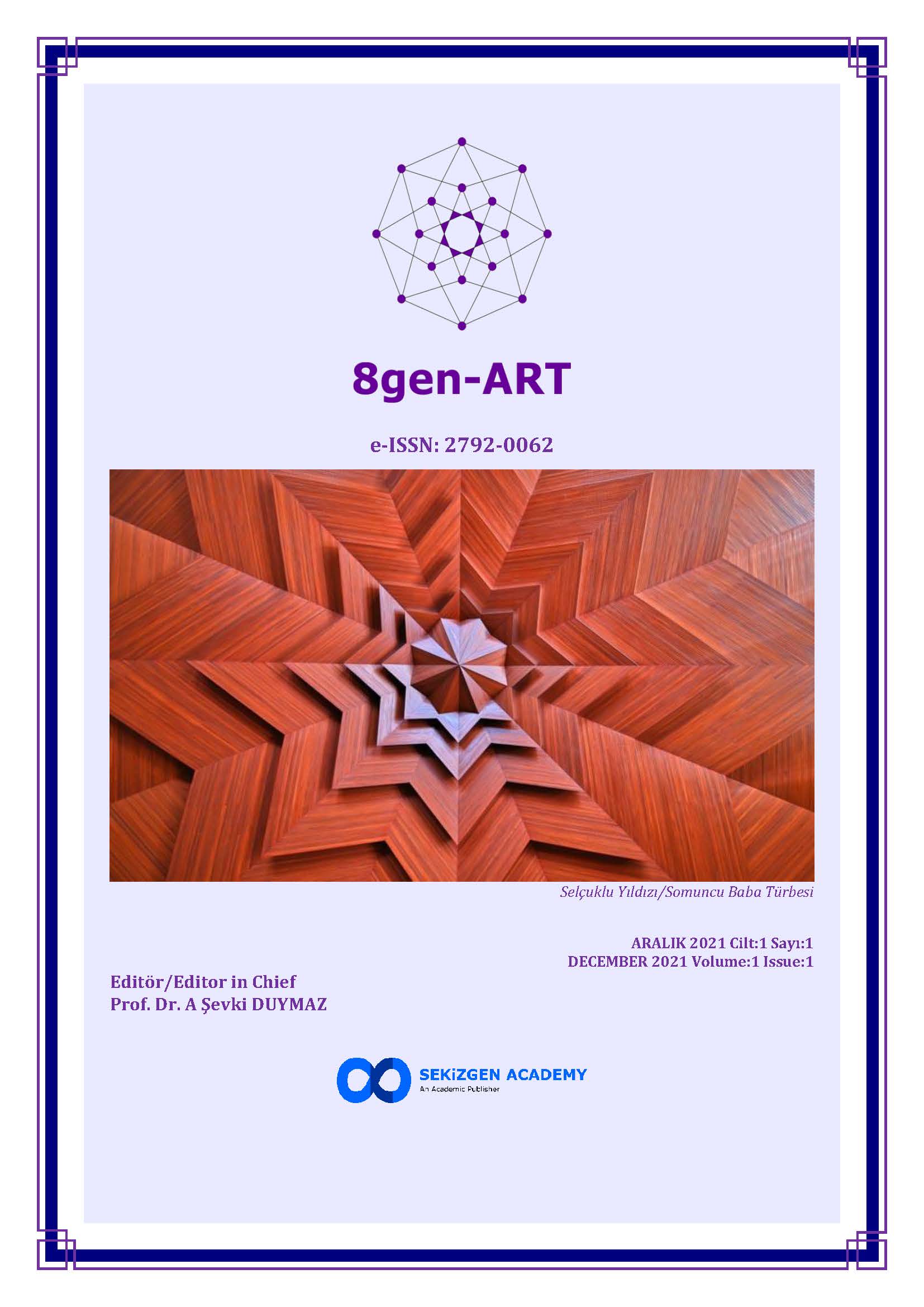
8gen-Art
Yazarlar: Ali Riza BİLGİN
Konular:-
DOI:10.53463/8genart.20210089
Anahtar Kelimeler:Middle ages,Wood,Architectural history,Military architecture,Byzantine
Özet: In the history of architecture, wood appears as an important building element since the early stages. In the structures, other than built only by timber, wood usage can be seen at second storey floors, stairs, vertical carriers and directly in the walls of the construction. Within the scope of this study, the use of wood as a building material in the masonry walls of the fortifications which are dated Byzantine period during the Medieval Anatolia was evaluated. Determination of wooden beams in the wall is difficult due to their characteristics. Therefore, to make the subject more understandable, regardless of the type of construction and its date, building examples taken from various studies due to their placement of timber beams were submitted. Especially in small fortresses built in the 12th and 13th centuries, it is seen that wood is preferred as the binding element in the walls of the fortresses. The center point of the topic to be discussed here is the Keçi Kalesi which is located on the Galesion (Alaman) mountain in the Belevi town of Izmir. In some part of the Castle the wooden material which is used in the masonry is, suprisingly survived to the present day. Additionally, the characteristics of beam holes which were associated with scaffolding in many publications were discussed.